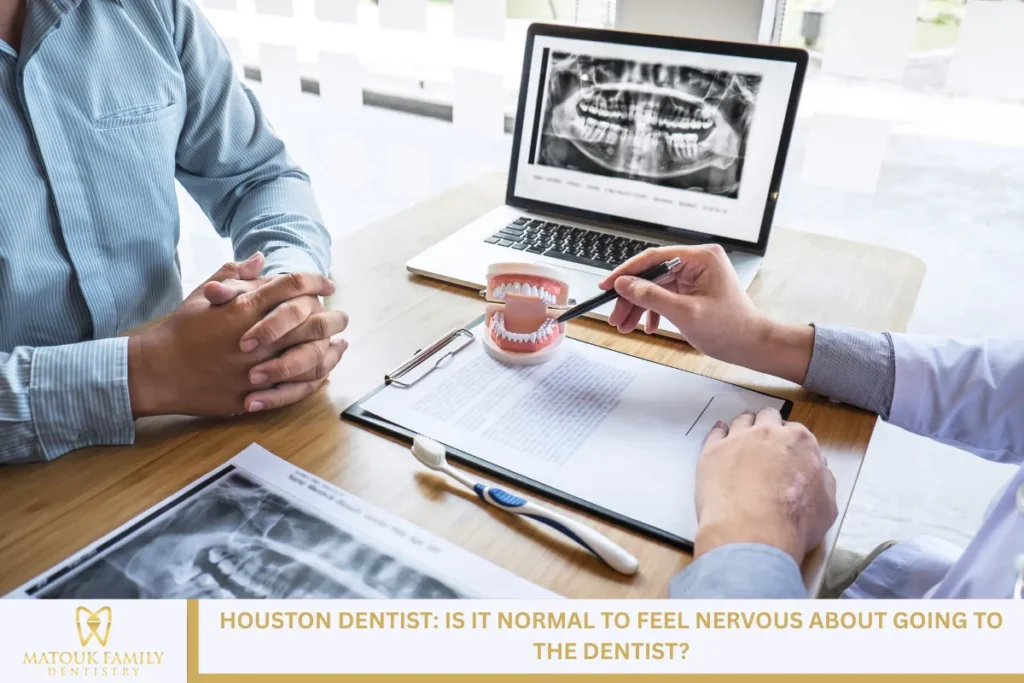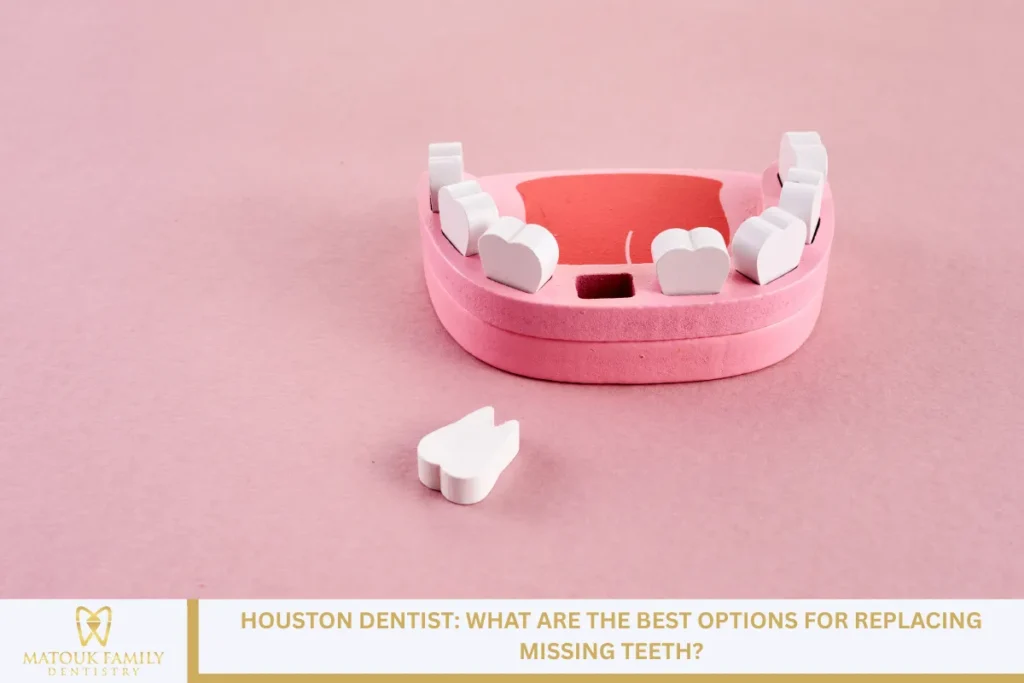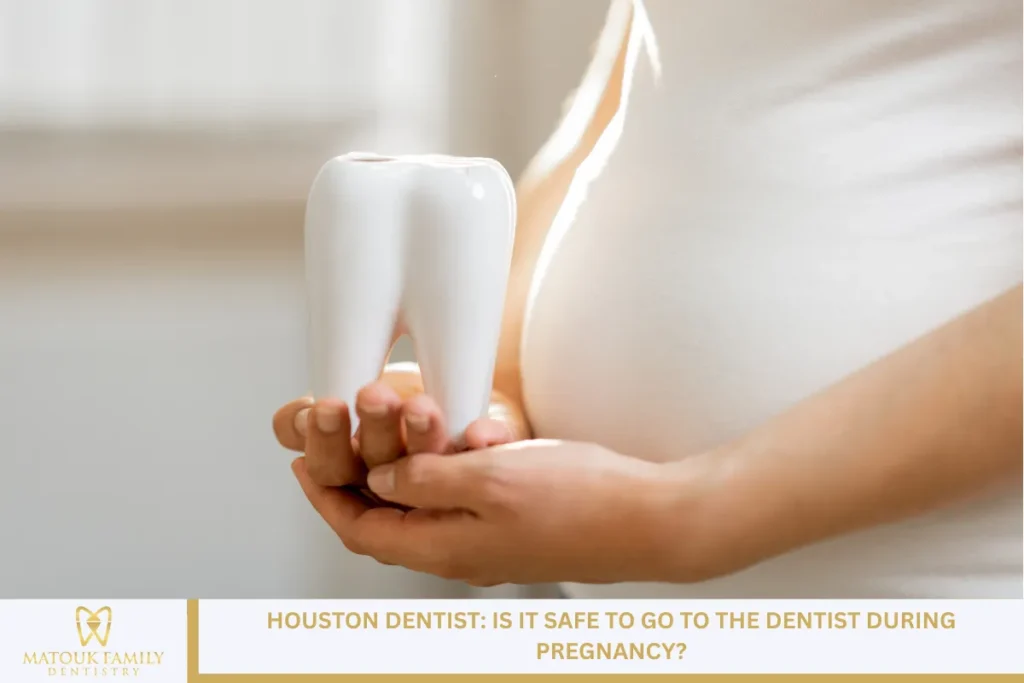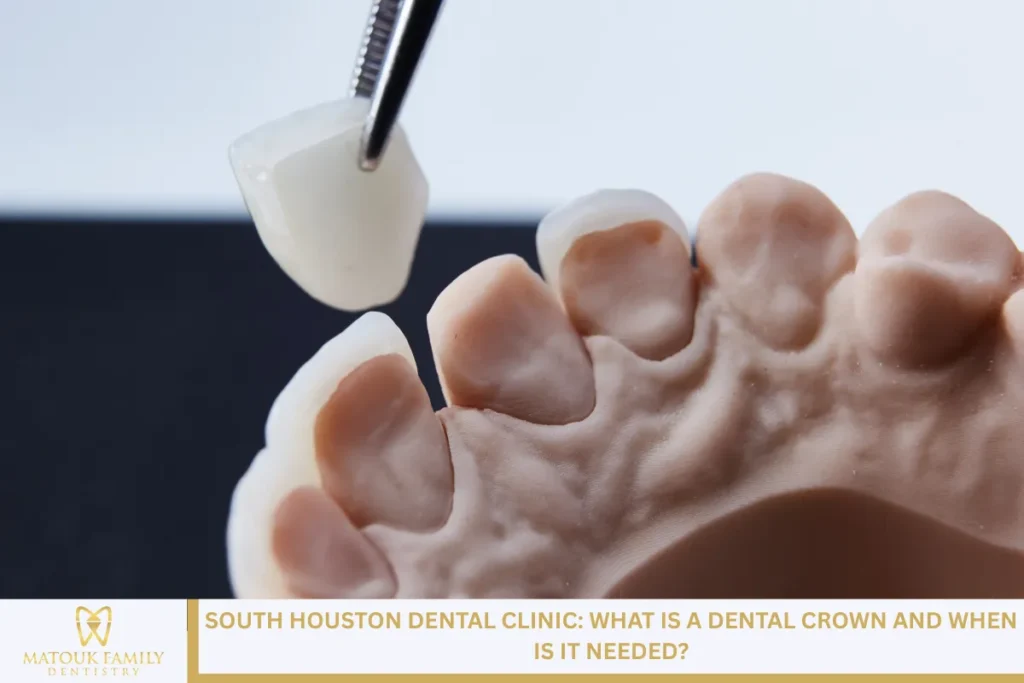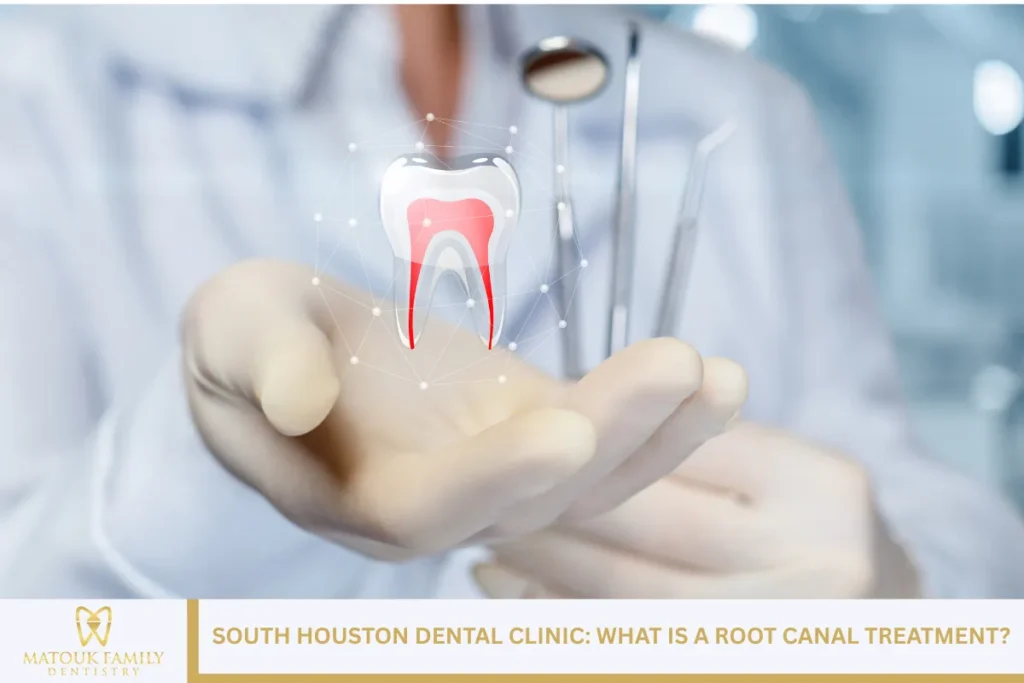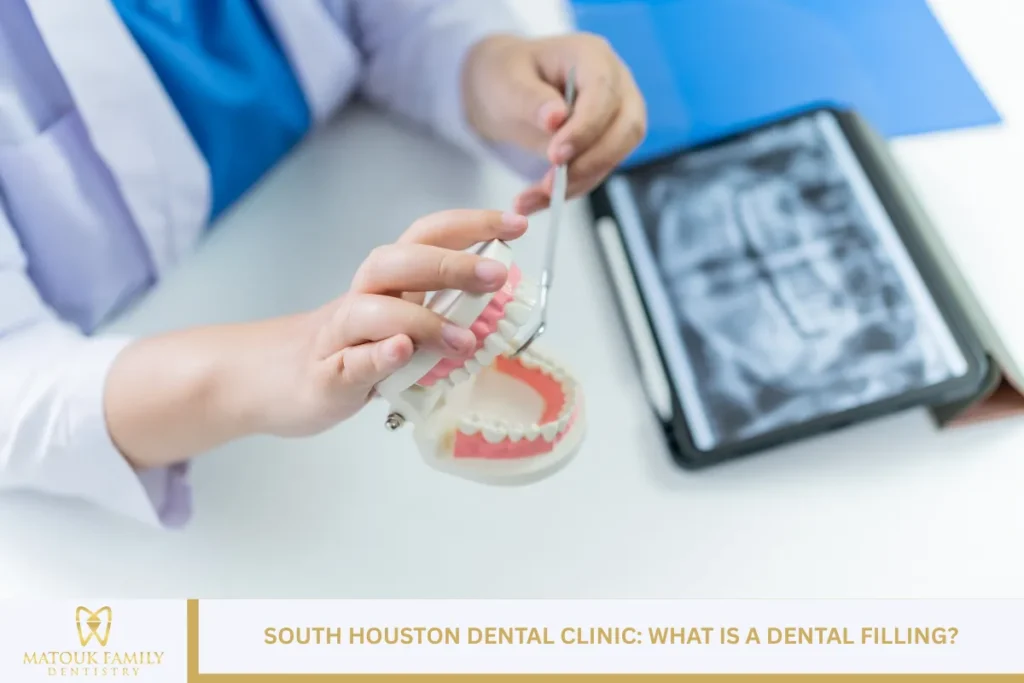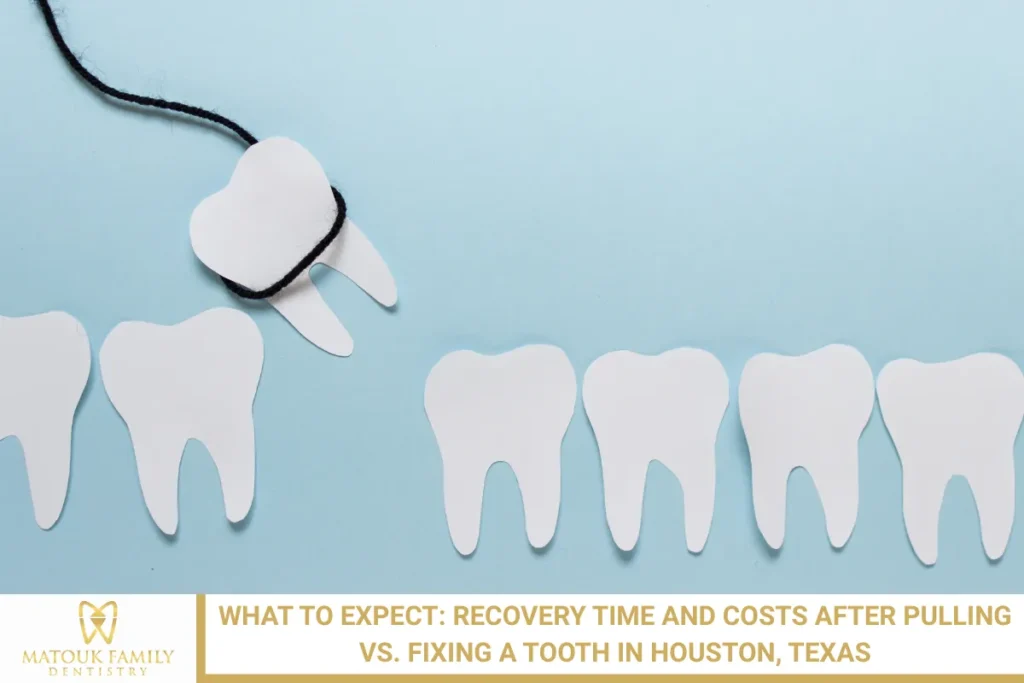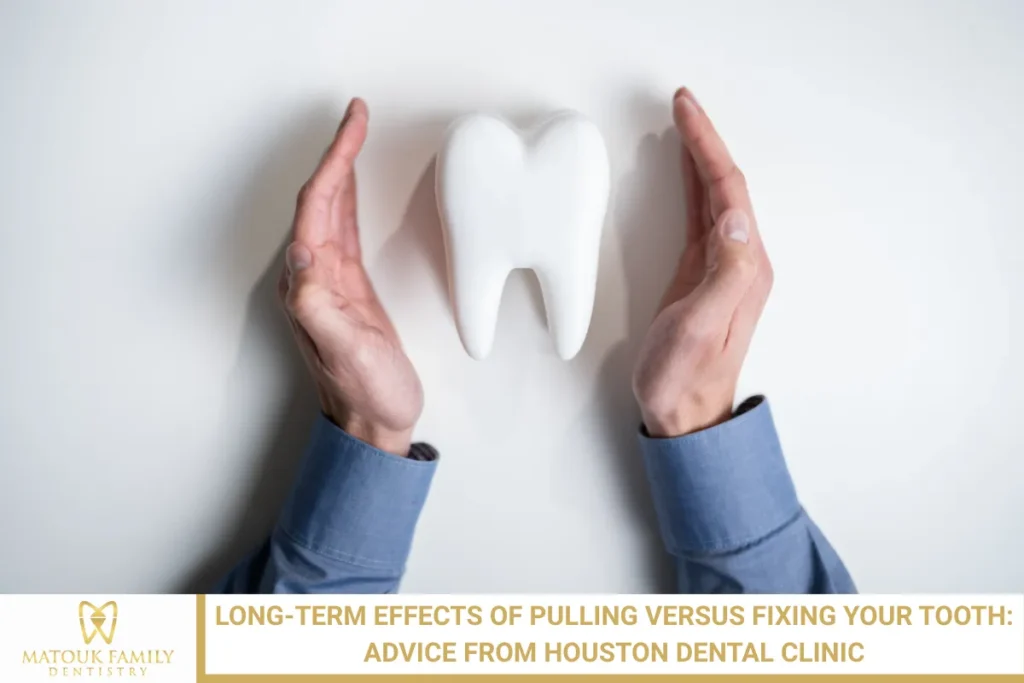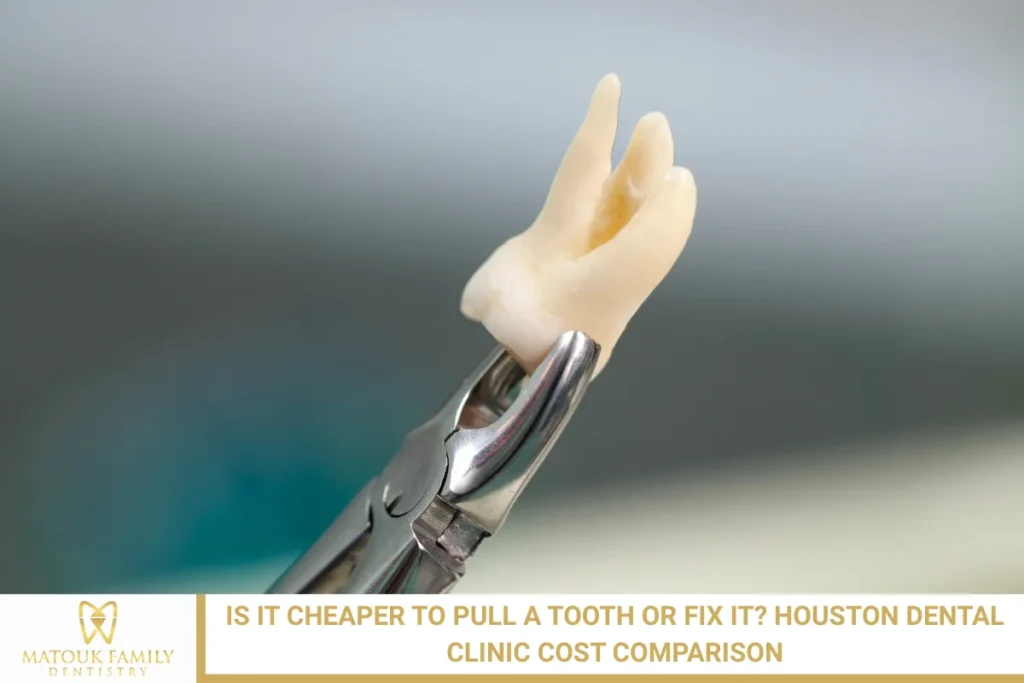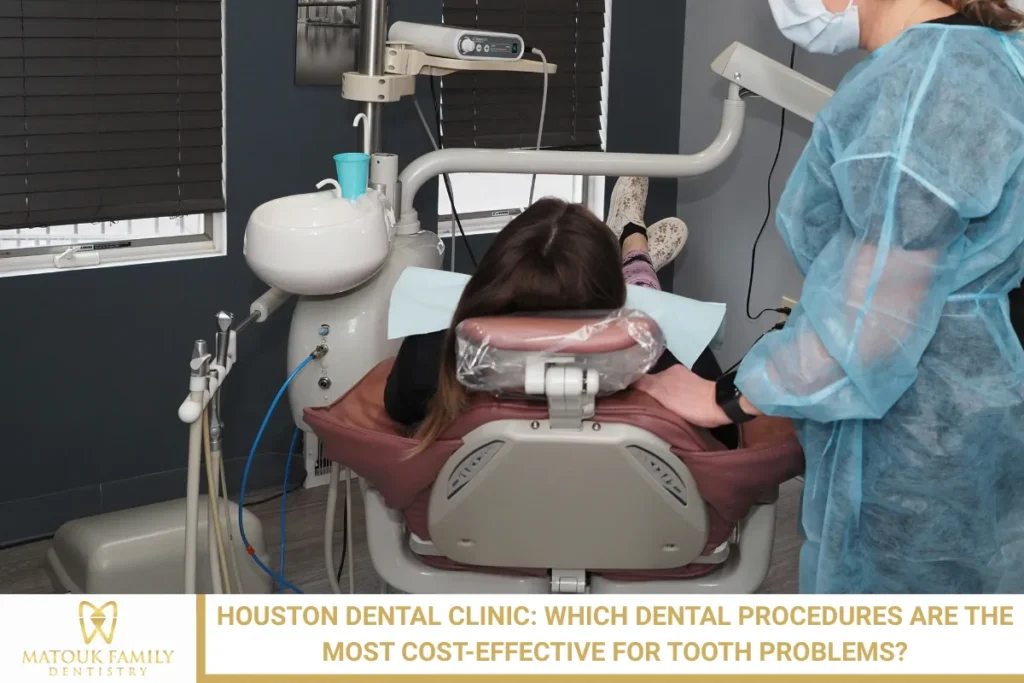Feeling nervous before a dental appointment is a common experience shared by many. A Houston dentist often encounters patients who carry this anxiety into the dental office, unsure of how to manage their emotions or where the fear even comes from. Dental anxiety is a very real condition, and it’s not something to feel embarrassed about. Whether it’s a mild uneasiness or a strong fear, this discomfort affects people of all backgrounds, ages, and dental histories.
Recognizing the signs of dental anxiety and understanding its underlying causes is a significant first step. Once you identify the source of the fear, it becomes much easier to manage and overcome it. With the support of compassionate dental professionals and a bit of preparation, even the most nervous patients can find comfort in the dental chair.
What Is Dental Anxiety?
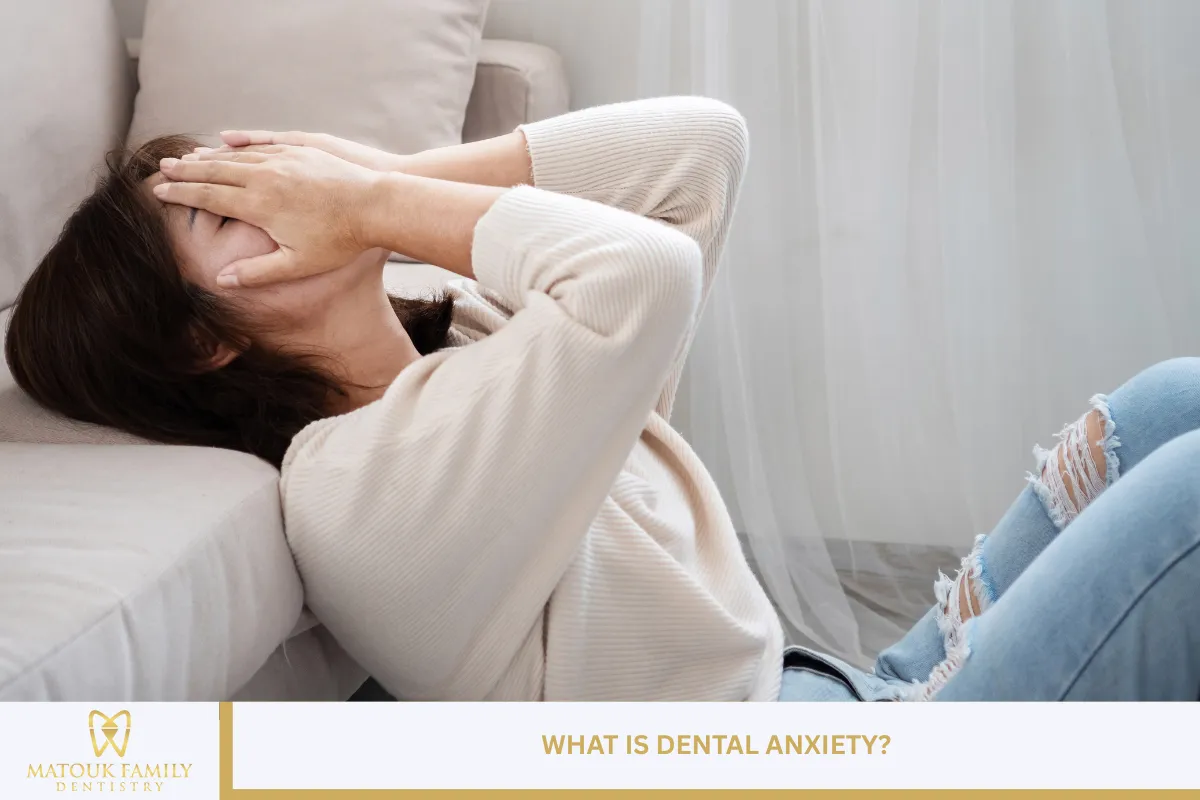
Dental anxiety is a sense of stress, nervousness, or fear directly connected to visiting the dentist or undergoing dental procedures. This anxiety can range from slight discomfort before a routine cleaning to a more intense, even debilitating fear that prevents someone from visiting the dentist altogether.
Some people experience physical symptoms such as:
- A racing heartbeat
- Sweating
- Shaking or fidgeting
- Trouble sleeping the night before the appointment
- Nausea or upset stomach
- Panic or dread while sitting in the waiting room
Dental anxiety isn’t always linked to a specific event. For some, it may stem from childhood fears. In contrast, for others, it’s triggered by unfamiliar surroundings or the idea of experiencing pain. Regardless of the cause, it’s important to know that this anxiety is common and can be managed effectively with the right approach.
What Causes Dental Anxiety?
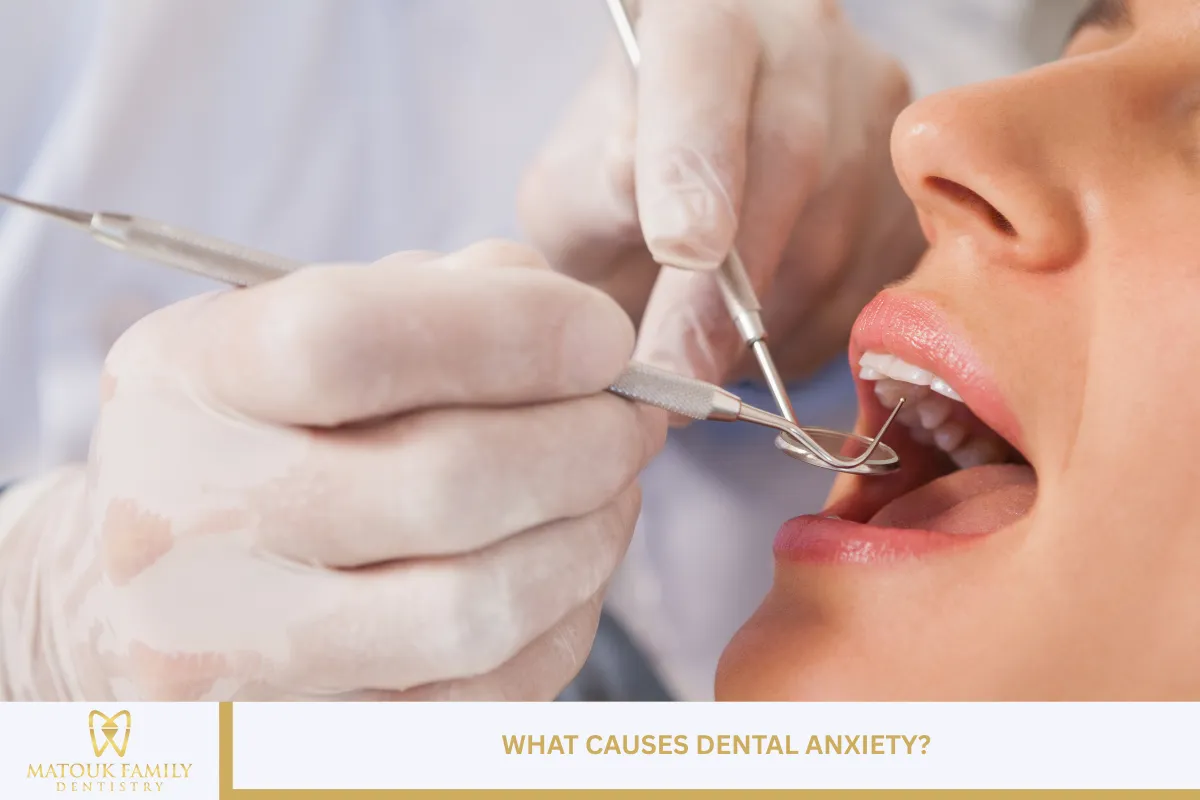
Understanding why someone might feel nervous about going to the dentist can help remove the guilt or confusion surrounding that fear. The causes of dental anxiety are varied and often include a combination of emotional, psychological, and physical factors.
Fear of Pain
A fear of pain is one of the most common reasons people avoid going to the dentist. This may be due to stories they’ve heard from others or personal experiences from the past when dental techniques were less advanced. Today, most dental treatments are performed with minimal discomfort. Still, the memory of pain can linger long after it’s no longer a reality.
Negative Past Experiences
Many adults who struggle with dental anxiety can trace their fear back to a bad experience at a dental clinic—sometimes from childhood, sometimes more recent. Maybe the dentist was rough, didn’t explain what they were doing, or ignored the patient’s discomfort. Even a single unpleasant experience can make it harder to return.
Embarrassment or Shame
People who haven’t visited the dentist in years might feel self-conscious about the condition of their teeth. They may worry they’ll be judged or scolded for not taking better care of their oral health. This embarrassment can create a cycle where fear of judgment leads to avoidance, which in turn worsens the dental condition.
Feeling of Helplessness
Sitting back in a chair, unable to speak clearly, while someone works inside your mouth can leave a person feeling vulnerable and out of control. This sensation can heighten anxiety, especially for those who already struggle with claustrophobia or similar fears.
Sounds, Smells, and Sights
The sound of dental instruments, the sterile smell of a clinic, or the sight of sharp tools can trigger anxiety in patients. These sensory experiences, often associated with discomfort or fear, can bring back strong emotional reactions.
How Common Is Dental Anxiety in Houston?
In a large, diverse city like Houston, dental anxiety is a shared experience for many residents. People from all walks of life feel nervous about dental visits, and dental professionals across the city are well aware of it. It’s not unusual for a Houston dentist to see several patients a week who admit to being anxious—even terrified—about their appointments.
Research has shown that up to 1 in 4 adults may experience dental anxiety. In a city with a population as large as Houston’s, that means thousands of individuals struggle with this issue every day. What’s more, many of them postpone care, sometimes for years, due to their fear.
This delay can lead to more serious dental issues, higher treatment costs, and a more challenging recovery path to good oral health. However, the good news is that dentists in Houston are trained to understand and work with anxious patients, helping them take the necessary steps toward regular, stress-free dental care.
What Happens If You Avoid the Dentist?
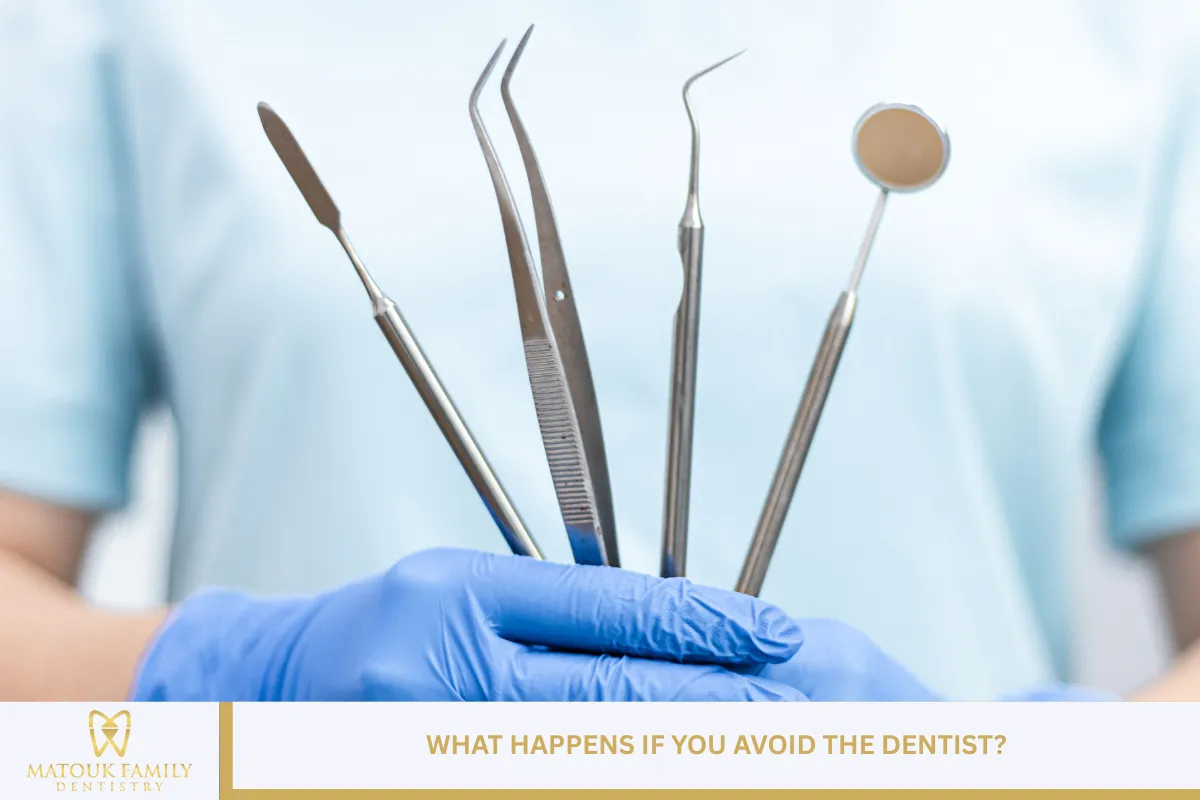
Failing to maintain regular dental care can lead to long-term consequences. While skipping one cleaning may not seem like a significant issue, repeatedly avoiding the dentist can lead to serious oral and overall health problems.
Dental Problems Get Worse
A small cavity that could be easily filled might become a deep infection that requires a root canal. Gum irritation that could have been treated with a cleaning might develop into advanced periodontal disease. The longer issues go untreated, the more painful and costly they become.
Impact on Overall Health
Poor oral hygiene doesn’t just affect your teeth—it’s linked to other health problems like heart disease, diabetes complications, and even respiratory illnesses. Regular dental care plays a crucial role in maintaining your general well-being.
Confidence and Self-Esteem Drop
When people are unhappy with their smiles, they tend to hide them. This can impact social interactions, job opportunities, and an individual’s self-esteem. Restoring confidence often starts with improving oral health.
How Houston Dentists Support Anxious Patients
Many dental clinics in Houston are designed to provide a more welcoming and patient-friendly experience. Dentists understand that fear can be a barrier and make extra efforts to help patients feel safe and in control.
Communication and Transparency
Dentists take time to explain each procedure before they begin, allowing patients to know what to expect. Clear communication fosters trust and alleviates the fear of the unknown.
Comfortable Environment
Dental offices today are not what they used to be. Many have calming decor, soft lighting, quiet music, and even blankets or neck pillows to help patients feel more relaxed.
Gentle Techniques
With advanced tools and methods, dentists can now provide treatments that are quicker and more comfortable. Numbing gels, precision instruments, and improved anesthesia all help reduce pain and sensitivity during procedures.
Sedation Options
For those who require additional assistance with relaxation, some dentists in Houston offer sedation options, such as laughing gas or oral medications. These techniques are safe and help patients stay calm throughout their appointment.
What You Can Do to Manage Dental Anxiety

Dental fear doesn’t have to control your oral health journey. There are effective, simple strategies that can help you ease your anxiety and build the confidence to attend your appointments.
Schedule a Simple Visit First
Start with a basic exam or consultation. This allows you to meet the staff, ask questions, and see the office without committing to any treatment right away.
Bring Support
Having a trusted friend or family member accompany you can provide emotional reassurance and make the visit less stressful.
Use Breathing and Relaxation Techniques
Practicing deep breathing, counting slowly, or listening to calming audio during your visit can help regulate your heart rate and reduce tension.
Be Open With Your Dentist
Honesty goes a long way. Telling your dentist that you feel anxious allows them to adjust their approach and check in with you more frequently during procedures.
Why Overcoming Dental Anxiety Matters
Confronting your fears and prioritizing dental care can lead to substantial improvements in your overall health and well-being. Once the initial fear is addressed, many people find that their experiences at the dentist are much better than expected.
Good oral health doesn’t just protect your teeth—it boosts your confidence, allows you to eat without discomfort, and helps prevent a wide range of health problems. Small steps, such as scheduling a visit or simply speaking with a dentist, can open the door to a lifetime of better health.
Dental Anxiety: Taking the First Step Toward Relief
Dental anxiety is something many people face, but it doesn’t have to stand in the way of proper care. Understanding the source of your fear, finding a supportive dentist, and taking gradual steps can make a significant difference. With each visit, confidence grows and anxiety fades, making the process easier over time.
A healthy smile begins with one decision—to stop avoiding care and start moving forward. The earlier dental anxiety is addressed, the easier it becomes to maintain a regular, stress-free dental routine.
Houston Dentist – Matouk Family Dentistry
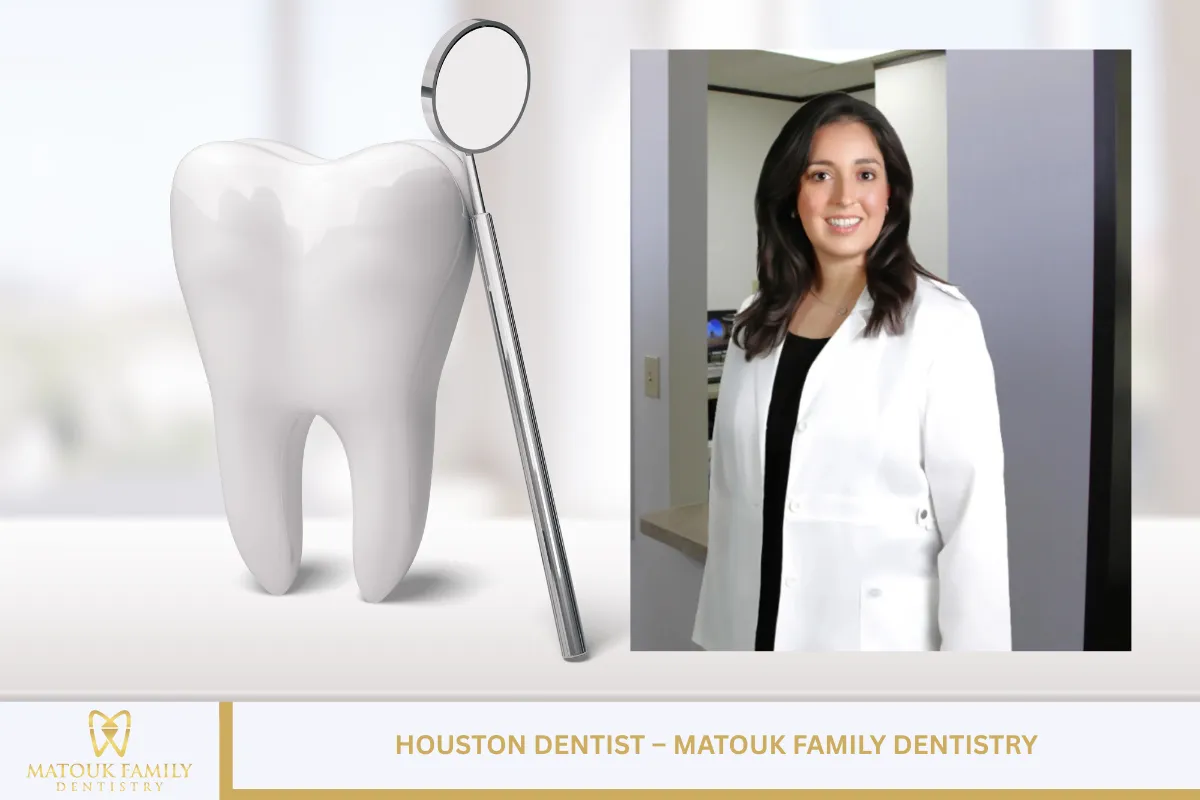
Matouk Family Dentistry offers professional dental care in a setting that’s calm, respectful, and easy to feel comfortable in. We understand that many people feel uneasy about visiting the dentist, so we focus on making your experience smooth and stress-free from the moment you arrive.
Led by Dr. Christina Matouk, our Houston clinic offers comprehensive dental services, including exams and cleanings, dental fillings, crowns, dentures, root canals, implant restoration, and oral cancer screenings. We treat patients of all ages and offer both general and cosmetic dentistry under one roof. You’ll find us just off the Gulf Freeway, ready to help with preventive care, urgent issues, or long-term dental needs. Call us at (281) 484-3675 to schedule your visit!
Frequently Asked Questions About Dental Anxiety
1. Why do so many people feel anxious about going to the dentist?
Dental anxiety affects a large number of people—studies estimate up to 36% of the population experiences some form of dental fear. The reasons behind this vary. For many, it’s due to a past negative experience, especially during childhood. Others fear pain, needles, or the sound of dental tools. Some feel embarrassed about the condition of their teeth, while others dislike feeling out of control in the chair. Anxiety can also be triggered by sensory factors like smells, lights, or sounds associated with dental clinics. This type of fear is real and often reinforced over time when dental visits are avoided. The good news is that today’s dentists, especially those in Houston, are trained to understand these concerns. With gentle techniques, improved communication, and modern technology, they help patients overcome their fears and build trust. Recognizing that this anxiety is normal is the first step toward managing it.
2. Is it safe to undergo dental treatment if I have severe anxiety?
Yes, it is completely safe to undergo dental treatment even if you have severe anxiety. In fact, many dentists are trained to care for patients who experience high levels of fear. Clinics often offer sedation options like nitrous oxide (laughing gas), oral sedatives, or even IV sedation for more complex procedures. These methods help calm the nervous system, allowing you to receive the care you need without discomfort or panic. Before any treatment begins, your dentist will review your medical history and anxiety level to recommend the safest and most effective approach. Communication is key—let your dentist know how you’re feeling. They can pause the treatment if needed, explain each step, or adjust the pace. With the right support, it’s not only possible to receive safe care but also to slowly reduce anxiety over time. Delaying care due to fear often causes bigger issues, so early, gentle treatment is always encouraged.
3. Can avoiding dental visits due to anxiety affect my overall health?
Yes, avoiding dental care because of anxiety can have serious effects on both oral and general health. Skipping routine check-ups often allows small issues—such as cavities or gum inflammation—to develop into more severe conditions, including tooth infections, abscesses, or advanced gum disease. Over time, this can lead to tooth loss, bone deterioration, and chronic pain. But it doesn’t stop at your mouth. Research from the American Dental Association and Mayo Clinic shows that poor oral health is linked to major health issues, including heart disease, diabetes complications, and respiratory infections. Oral bacteria from untreated dental problems can enter the bloodstream and affect other parts of the body. Inflammation in the mouth may also contribute to increased overall systemic inflammation, which can exacerbate other health conditions. That’s why managing dental anxiety and maintaining regular visits is essential—not just for your smile, but for your long-term well-being.
4. What are some ways I can prepare myself mentally for a dental visit?
Preparing yourself mentally before a dental appointment can make the experience much easier. One of the most effective strategies is to educate yourself—understanding what will happen during your visit removes much of the uncertainty. Ask the dental office to walk you through the process ahead of time. Practicing relaxation techniques, such as deep breathing, progressive muscle relaxation, or visualization, can help calm your nerves and reduce stress. Try taking slow breaths in and out while focusing on relaxing your body. Listening to music or calming podcasts on the way to the appointment can also help shift your mindset. Schedule your appointment for a time of day when you’re less likely to feel rushed or tired—morning visits tend to work best for many people.
Most importantly, don’t bottle up your fears. Talk to your dentist openly. A good dental team will appreciate your honesty and take steps to visit as stress-free as possible.
5. How do I find a Houston dentist who understands dental anxiety?
Finding a Houston dentist who specializes in treating anxious patients begins with conducting some research. Look for dental practices that specifically mention “anxiety-friendly,” “gentle care,” or “sedation dentistry” on their websites. These are often signs that the team has experience working with nervous patients. Reading reviews can also help—see if others mention how comfortable they felt during their visits. When you call to schedule, ask how the office handles patients with dental anxiety. Do they offer consultations before treatment? Can you speak with the dentist ahead of time? Do they offer calming amenities such as music, aromatherapy, or blankets? A supportive environment makes a big difference. Many Houston dental offices also allow you to bring a support person with you. Trust builds over time, so don’t be afraid to start with a simple check-up to get a feel for the place. Comfort and understanding are out there—you have to find the right fit.
Read more: Houston Dentist: What Are the Best Options for Replacing Missing Teeth?

